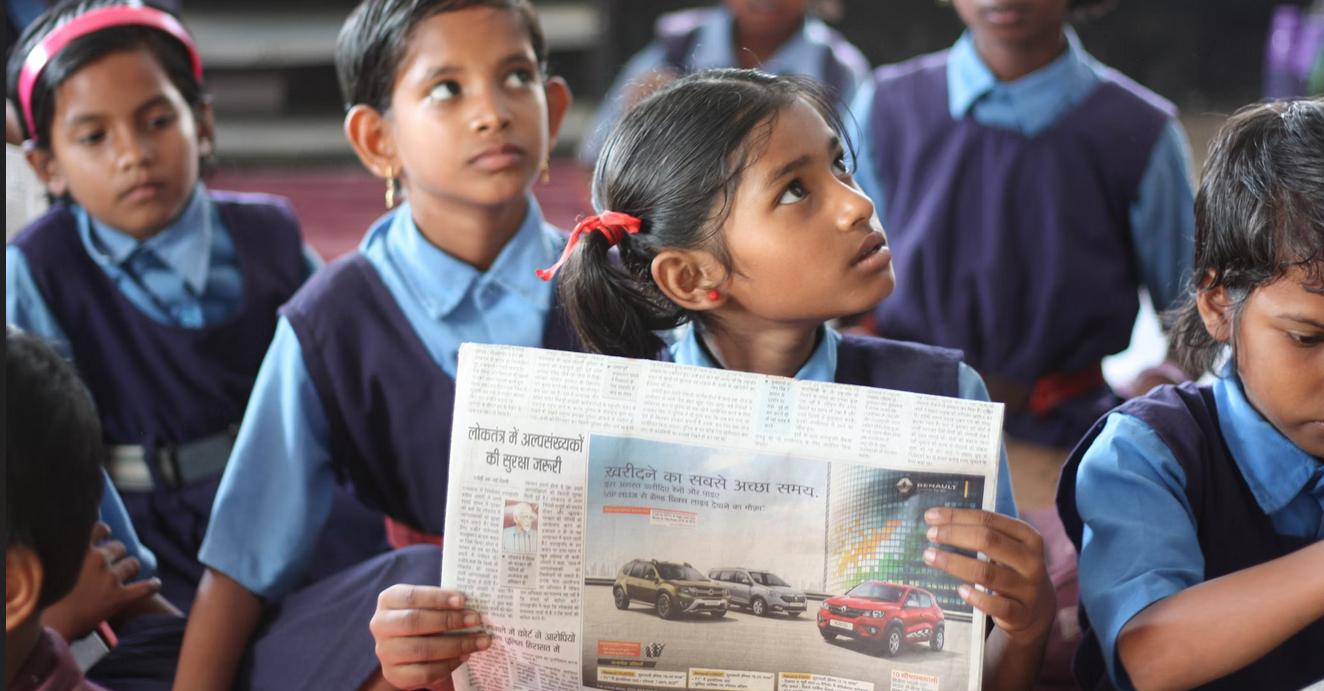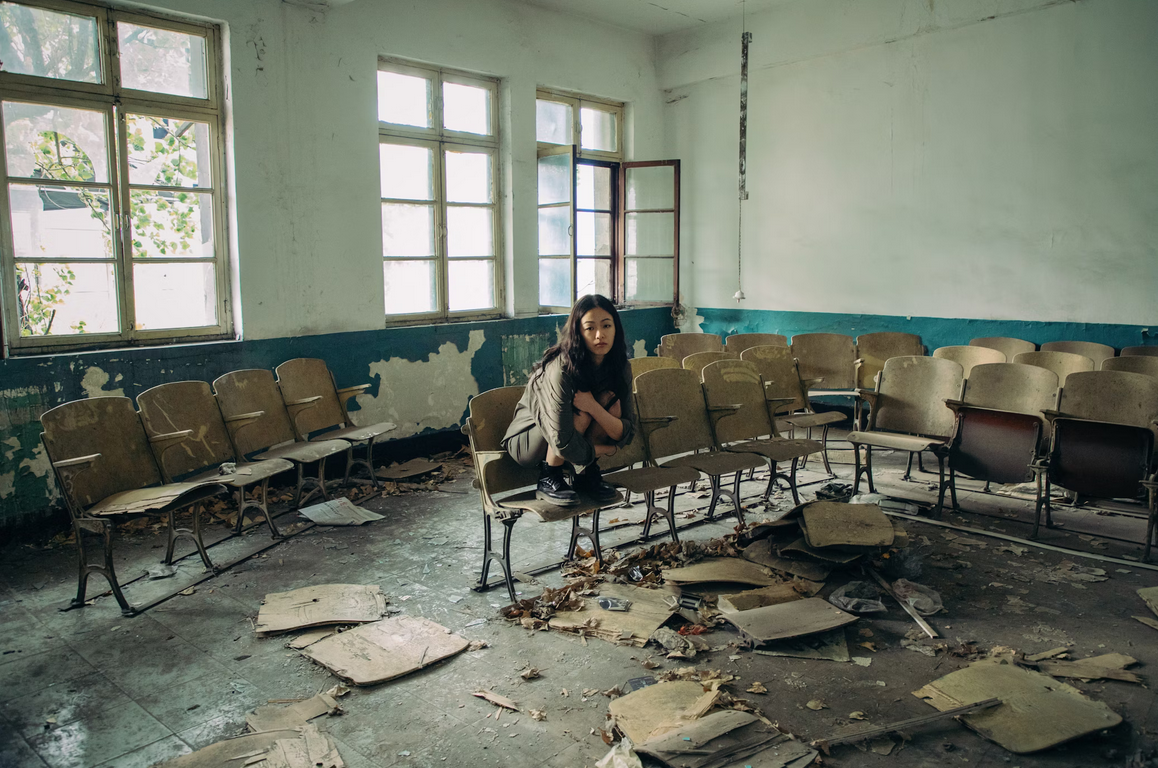
Experienced UIUC graduate student specializing in Math, Computer Science, and Writing
Availability:
Every day, 10:00am-10:00pm PST
Subjects:
Math
Computer Science
Writing
How Indian Education Traditions Can Improve Your Learning Plans
Last Updated:

- Pre-colonial Indian systems of education provide valuable inspiration for personalizing an educational journey to fit your specific needs.
- Many teachers complain about worse behavioral issues and stunted social skills as a result of the disruption to student lives
- The relief funds provided by the federal government are expiring September 2024, so many efforts to fix achievement gaps will no longer continue
At a time when 55% of Americans are dissatisfied with the quality of education in public schools, many families are feeling that their child is being treated like a product on an assembly line in a factory. They want alternative approaches based on different philosophies and practices.
South Asia has some of the oldest surviving cultures in human history, harboring thousands of years of experimentation with educational systems. Unfortunately, the disruption caused by British colonialism interrupted many successful systems and replaced it with the one-size-fits-all model based on training students to be obedient, standardized factory workers.
Now, as public schools come under strain and parents are questioning the conventional public school model more frequently, some look to Eastern philosophical and intellectual traditions to guide them. They offer different perspectives that can enhance your ownership over your own educational journey.
Here are some traditional Indian education systems for you to consider:
Gurukula - Personal Mentorship
As the name implies, this education system was led by gurus, or teachers, who had students, called shishyas, that lived with them in ashrams. These were located in secluded areas, like forests or mountains, and they functioned similar to family units with personalized connections and education. Knowledge was tied intimately with religious and spiritual topics, turning education into an inquiry about fundamental truths of the world.
Some of these topics included grammar (vyakarana), logic (nyaya), philosophy, astronomy (jyotisha), medicine (ayurveda), and warfare (dhanurveda). Morals and character development were considered part of education. Learning was an oral tradition, and students learned directly from interacting with and observing their gurus. The local village communities would support the gurukula system with donations and resources.
Although public schools can’t operate this way in the US, there are lots of ways for students to find mentors that are involved in the community. Student clubs and youth organizations usually have a coach or mentor for a student to learn from, whether its related to music, sports, acting, or academic competitions. Personally, when I was at Amador Valley, I appreciated my Debate and Mock Trial mentors for teaching me about argumentation, including critically evaluating ideas and articulating my thoughts in conversation.
As tutors, we often find ourselves naturally falling into this kind of role when we spend lots of time building a personal connection with our students and establish good communication with their parents about a long-term goal. We offer guidance based on our experience and observations for navigating careers, college, social lives, professional networks, and personal fulfillment.
Pathshalas - Intimate Communities
These were small, local schools where children learned foundational subjects like reading, writing, math, and religious texts. They catered to the general population across villages and towns in India, and focused on literacy in Sanskrit or local languages, arithmetic, and moral education rooted in religious texts. Some also taught trade-related skills. Many of my older relatives who were born and raised in India attended schools like this.
While education and caste have a deep, complex, and painful historical relationship, pathshalas were often attended by students of different castes. Each village would fund their pathshalas locally and manage it at a community level. Older students in the pathshalas would often mentor younger ones.
While there are some elements of this incorporated into our public school system, such as local governance and funding, school districts are actually managing several different small communities rather than just one large community. Especially in the Bay Area and the Tri-Valley, there are lots of diverse communities with origins from all over the world. Each one has their own culture and belief systems, so respecting all of them means being impartial with respect to community traditions.
To replicate the local, community-oriented nature of the pathshalas, consider book clubs, safe discussion forums, or project-centered activities where students can teach each other new concepts and develop social collaboration skills without the limitations of a government-designed curriculum.
Shrenis - Real-world Skills
Similar to guilds, a shreni was a network of traders and artisans usually involved in the same craft. These had vocational training in trades like weaving, pottery, and metallurgy. They were focused on sharing practical skills that could provide value in the trades. Apprentices would learn from hands-on experience and guidance from master craftsmen. It was informal, community-based, and geared towards preparing individuals with skills that were immediately useful.
In the US, there are vocational schools as a form of higher education, and there are some electives within the K-12 schools that introduce students to vocational training. However, even if the trades are of no interest to you, there’s still enormous value in having a practical skill that you maintain. Not only does it help ground you to something firm outside of abstract theory and test scorers, it’s a strong reminder that you can learn something new with a growth mindset.
I met people at college who had a form of learned helplessness. They couldn’t learn how to do anything for themselves, from cooking to laundry to cleaning. They only understood how to study and perform tests, so they also struggled to do projects that would expand their network or build a portfolio of work to demonstrate to others on a resume.
What we can learn from shrenis is to remember the importance of practical execution. Encourage students to find entrepreneurial pursuits, whether through business related student organizations like DECA, their own business like the proverbial lemonade stand, or software projects like websites to advertise an organization or initiative. The practical skills you develop when deploying a real-world project with real-world impacts can’t be learnt from a textbook, a discussion, or critical thinking. They can only be learnt through action and studying the outcomes.
The Classics Live Forever
Most successful students I know incorporate some version of these philosophies into their educational journey even if they don’t realize it, allowing them to achieve great things and develop an impressive resume. They found accomplished mentors to look up to, a supportive community of engaging peers, and implemented their knowledge in real-world projects.
As tutors, we’re here to help assist you in each one of these directions. Please reach out to us and supplement your educational journey with guidance rooted in our expertise.
Related Articles

Remote Learning is a Game-Changer for Global Education

UN Initiatives Paint Optimistic Picture For Girls' Education

Finland's Education System Succeeds Because of Equity and Diversity

Teacher Shortage Crisis: Overworked, Underpaid, Stretched Thin, Burnt Out

Pleasanton Mayoral Candidates Square off Over 10 Key Issues
